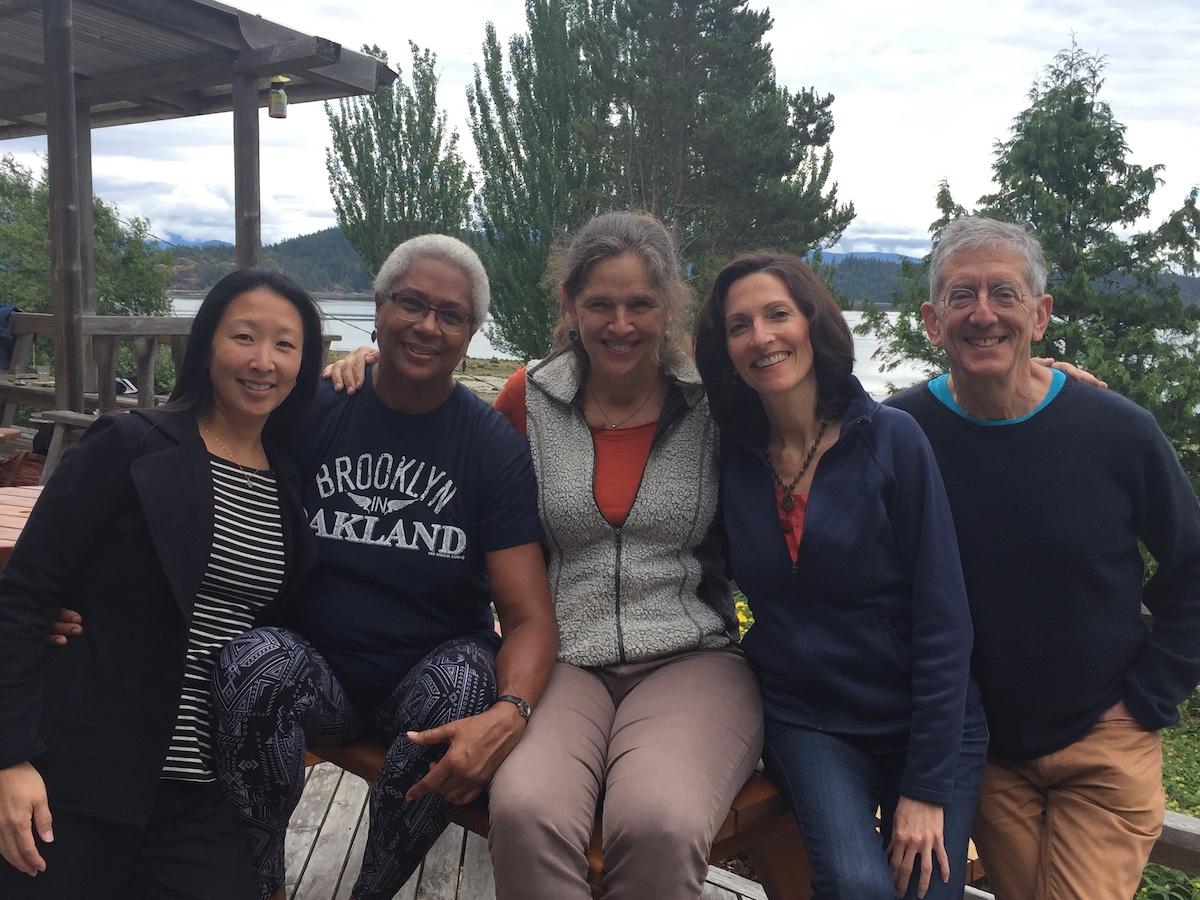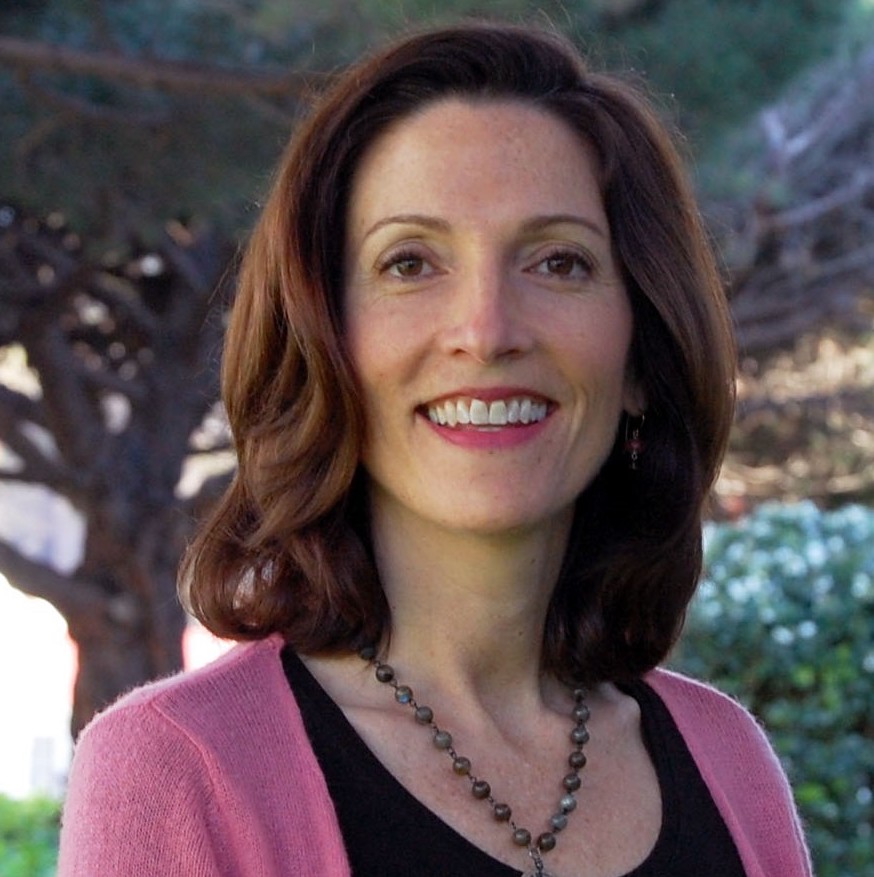
Magic happens when trailblazing financial activists come together. Freed from their geographical and professional silos, they develop strong coalitions to shift the flow of capital in ways that create powerful social and environmental benefits.
That’s the purpose of the Integrated Capital Institute, a nine-month fellowship program that gives finance professionals the strategies and insights they need to leverage capital in all its forms to effect lasting, positive change—launched last year by my organization, the nonprofit socially responsible investment group RSF Social Finance.
Current financial systems and incentives focus on maximizing short-term returns for wealth holders and do not include concerns for nature and economic equity. RSF’s Integrated Capital Fellows believe a different paradigm is possible—one that prioritizes long-term benefits to all stakeholders, including local communities, employees, customers, investors and the environment.
The urgency of addressing climate change and economic inequity calls for bold actions by those who understand the power and potential of capital to chart a different path.
Innovative thinkers seeking solutions
Investors, donors and wealth advisors are craving new solutions. Many who work in the world of finance are feeling disillusioned, thinking, “This is not working; I am not helping.” At the same time, investors and donors are realizing that it’s possible to have more than enough wealth, and they’re looking for financial practitioners who know how to leverage capital to support their values. Empowered by the great generational wealth transfer underway, people are ready to put money behind groundbreaking solutions.
The 22 Integrated Capital Fellows in RSF’s first cohort are activating resources—pulling together giving, lending, investing and field building—to direct capital flow in ways that create significant change. They’re committed to building social and economic justice, having uncomfortable conversations about money, and creating effective coalitions. Collectively, our Fellows have the potential to move billions of dollars toward world-changing initiatives.
They are part of a growing movement of investors, donors, financial activists and educators who are using new strategies to leverage financial, human and social capital to have the greatest positive effect on communities, individuals and future generations. Below are just a few examples of the important initiatives they are leading.
Moving from extraction to regeneration
Integrated Capital Fellows Stephanie Randolph and Lora Smith are working to support a successful economic transition in Central Appalachia, in collaboration with the Appalachia Funders Network—an organization committed to developing more diverse and resilient local economies.
Randolph serves as a program officer at Cassiopeia Foundation, a philanthropic investment fund. She developed Impact Appalachia to accelerate sustainable market development in the six coal-impacted states by blending $17 million in catalytic capital to unlock a $40 million investment fund. Smith, executive director of the Appalachian Impact Fund, makes grants and direct impact investments that support community-led economic development.
Flowing capital to underserved communities
Fellows Jessica Norwood and Nina Robinson are co-leading an exciting integrated capital fund called The Runway Project. It bridges the racial wealth gap by providing innovative funding and wealth-building tools designed to replicate “friends and family” funding for early-stage ventures led by African American entrepreneurs.
That essential seed stage of funding is not an equal-opportunity resource. White families in the U.S. have an average net worth of $142,000, while African American families have an average net worth of $11,000. The Runway Project provides affordable loans, along with culturally relevant technical support, to promising African American entrepreneurs. The project has provided financial and human capital to 12 companies in a range of industries.
In the Pacific Northwest, Nita Shah, founder and executive director of Micro Enterprise Services of Oregon (MESO), matches entrepreneurs from underserved and unbanked communities with the services and support needed to succeed in business. MESO has provided $5 million in loans to 611 entrepreneurs and placed over $2.5 million in matched savings.
Partnering across race and class
Tiffany Brown and Kate Poole became business partners during our Integrated Capital Institute. They are co-founders of a new financial advising firm called Chordata Capital, where they work with inheritors to balance present and future needs with a desire to address the extractive history of wealth accumulation.
Brown and Poole use an integrated capital approach, and they each bring over a decade of work in movements for racial and economic justice. Their work helps individuals and organizations collaborate across race and class to move their money in powerful ways.
Growing momentum
Leveraging capital to effect lasting change is more art than science and relies on leadership, innovation and collaboration more than just technical financial skills. Those qualities are what our Integrated Capital Institute aims to cultivate and spread. The second Integrated Capital Institute cohort, convening November 2018 to June 2019, will provide 24 financial activists with the connections and insights they need to leverage financial, human and social capital to address our most pressing social and environmental problems.
No one can solve these problems alone, but we begin to turn the tide when we question assumptions about money, engage in radical collaboration, and move capital where it’s needed most.

Deb Nelson is vice president, client and community engagement, at <a href="rsfsocialfinance.org/">RSF Social Finance</a>, an innovative lending, giving and investing organization based in San Francisco.














